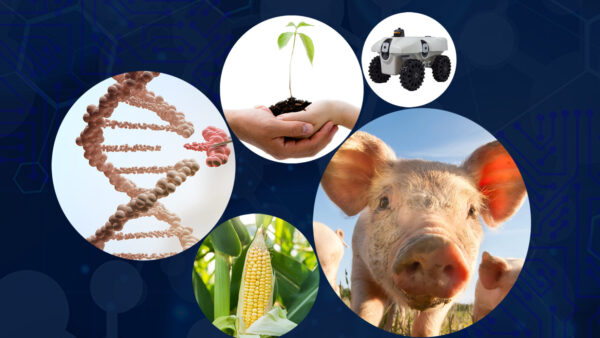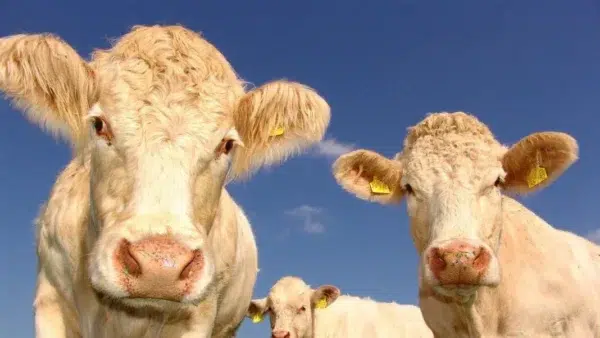Juan Kiekebusch, senior biotechnology and plant breeding innovation coordinator for the Seed Association of the Americas, talks about the beauty of new tools driving innovation in the industry.
Seed World (SW): How did you get involved in working in biotechnology?
Juan Kiekebusch (JK): Being research head of a seed company in Latin America, I was able to observe the advances in the development of biotechnology, basically GMOs, in the headquarters of the company. When requesting to include Argentina in the Bt GMO development program for corn, the key condition to do so was that the country had to have a functional official biosafety regulation. This was our first challenge with the authorities which was attained in 1991, from there onwards we were able to push the development of Bt corn, starting in Argentina.
SW: What’s one of your favorite parts about working in the realm of plant breeding innovation and biotechnology? What gets you excited about the job?
JK: Plant Breeding Innovation (PBI) is the key to success in the seed business. Having some advantage in the seed quality offered is as, or even more important than intellectual property, thus we have to offer constant innovation to our customers. Biotechnology tools, such as gene editing, gives us the possibility to boost innovation. This is the beauty of the job.
SW: I heard you also helped bring Bt corn to South America — but more specifically, Argentina. How did that process go?
JK: As mentioned before, after the creation of the National Biosafety Committee (CONABIA) in Argentina, we applied for Bt corn research permits. My team obtained the first Bt corn research permit in 1991 and also obtained the first commercial Bt corn approval in Latin America (1998). These approvals opened completely new business opportunities for the seed business. Later on, we also obtained in Brazil, the first approval worldwide of an event that controls efficiently Spodoptera sp. (FAW) and which is present in many hybrids from several multinational seed companies.
SW: How do you find new plant breeding technologies — I’m thinking GMOs, gene editing, etc. — received in South America?
JK: In general, these technologies were well received in South America. The increase of productivity by the farmer using GMOs was such that the adoption of these technologies was very fast, in few years adoption reached over 90%. In the case of gene editing industry is just developing the first commercial products and is being used in a wide range of breeding programs (wide in term of species, countries, and institutions/companies). Gene editing can evolve as a technological breakthrough as hybridization was in the past, thus this technology is a big step forward for PBI.













